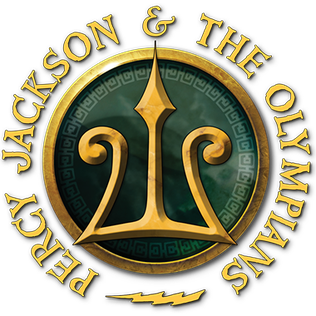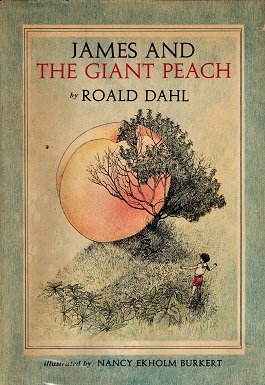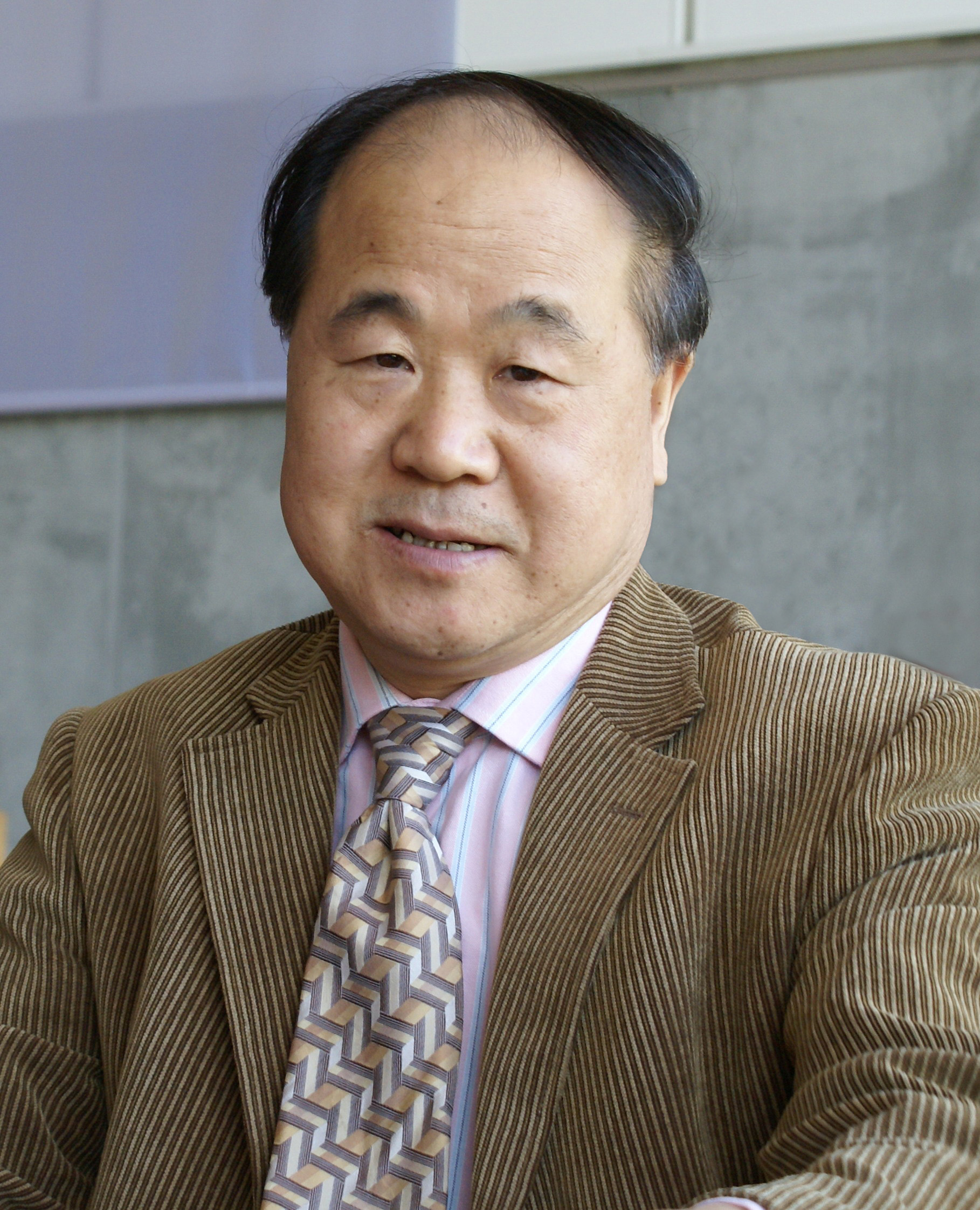Pablo Neruda
Explore the timeline of Pablo Neruda, the renowned Chilean poet, diplomat, and Nobel Prize laureate. Delve into key moments of his life, from his birth in 1904 to his contributions to literature, his political engagements, and his enduring legacy in the world of poetry.
Birth of Pablo Neruda
Pablo Neruda was born Ricardo Eliécer Neftalí Reyes Basoalto on July 12, 1904, in Parral, Chile. He later adopted the pen name Pablo Neruda, which he became widely known by. Neruda was the son of a railway employee and a teacher, and he grew up in a poor village in southern Chile. His early education was influenced by the natural surroundings and the local culture, which would later be reflected in his poetry. Neruda started writing poetry at a young age, and by the age of 13, he was already contributing articles and poems to local newspapers. His early works showed his admiration for the beauty of nature and his sympathy for the working class.
Publication of Twenty Love Poems and a Song of Despair
In 1924, Pablo Neruda published 'Twenty Love Poems and a Song of Despair' (Veinte poemas de amor y una canción desesperada), a collection of love poems that became one of his best-known works. The book generated controversy due to its erotic content, but it also established Neruda as a prominent poet in the Spanish-speaking world. By blending passionate themes with innovative form and language, 'Twenty Love Poems and a Song of Despair' attracted significant attention and praise. This work marked a turning point in Neruda's career, helping to solidify his reputation as a major poet of Latin America.
Neruda Appointed as Chilean Consul
In August 1933, Pablo Neruda was appointed as the Chilean consul to Buenos Aires, Argentina, marking the beginning of a significant phase in his diplomatic career. His diplomatic post allowed him to interact with influential literary and political figures across Latin America and Europe. During his time as a consul, he expanded his literary network and became increasingly politically active, aligning himself with left-leaning ideologies. Neruda's diplomatic assignments in various countries, including Spain and Mexico, deeply influenced his writing, both thematically and stylistically, as he encountered diverse cultures and political contexts.
Spanish Civil War and Neruda's Political Awakening
The outbreak of the Spanish Civil War in July 1936 had a profound impact on Pablo Neruda, shifting his focus from personal and romantic themes to political and social issues. While serving as a diplomat in Spain, Neruda witnessed the horrors and injustices of the war, particularly the impacts on civilians and the arts community. His close friends, such as Spanish poet Federico García Lorca, were directly affected, with Lorca being executed by Nationalist forces. This event, among others, catalyzed Neruda's transition towards political poetry, as he began to express his support for the Republican cause and denouncement of fascist violence through his writings, notably in 'Spain in Our Hearts'.
Neruda Elected as Senator in Chile
On March 4, 1945, Pablo Neruda was elected as a senator for the northern provinces of Antofagasta and Tarapacá in Chile, representing the Communist Party. His election marked a significant intersection of his literary and political careers. As a senator, Neruda advocated for social reform and workers' rights, using his platform to criticize the government and speak up for the marginalized. However, his affiliation with communism soon led to political troubles when the Chilean government, under President González Videla, began repressing communists. Neruda eventually faced threats and went into hiding, highlighting the tension between his political stance and the prevailing political climate in Chile.
Neruda Goes into Hiding
Due to President Gabriel González Videla's anti-communist repression, Pablo Neruda was forced to go into hiding in February 1948. The Chilean government banned the Communist Party and issued a warrant for Neruda's arrest because of his outspoken views and criticisms of Videla's policies. Neruda spent over a year hiding in safe houses, supported by friends and fellow activists. During this period, he continued to write and produce important works, including 'Canto General', an epic poem about Latin American history and identity. His time in hiding intensified his commitment to political activism and strengthened his resolve to fight for social justice through literature.
Publication of Canto General
In 1950, Pablo Neruda published 'Canto General', one of his most ambitious and comprehensive works. This epic poem, consisting of over 15,000 lines, is a sweeping overview of Latin American history and culture, combining elements of mythology, history, and politics. 'Canto General' reflects Neruda's commitment to social justice and his deep understanding of Latin America's struggles against colonialism and oppression. The poem was initially published while he was in exile, further cementing his role as a literary figure who used poetry as a tool for political activism. 'Canto General' is considered a masterpiece of Neruda's career and remains influential in both literary and political spheres.
Nobel Prize in Literature Awarded to Neruda
Pablo Neruda was awarded the Nobel Prize in Literature on October 21, 1971. The Swedish Academy praised him for "a poetry that with the action of an elemental force brings alive a continent's destiny and dreams." Neruda's win was celebrated internationally, recognizing his vast contributions to literature and his vibrant political voice that spoke out against injustice. The award brought further attention to Latin American literature and underscored the power of poetry to evoke social and political change. The Nobel Prize validated Neruda's life's work, connecting personal introspection with collective narratives, and firmly established his place among the greatest poets of the 20th century.
Death of Pablo Neruda
Pablo Neruda died on September 23, 1973, in Santiago, Chile, just 12 days after the military coup that ousted President Salvador Allende. Neruda, a staunch supporter of Allende, was devastated by the coup's impact on Chile's democratic institutions. Although his official cause of death was reported as heart failure, there has been speculation and investigation into whether he might have been assassinated by the new regime. His death marked the end of an era for Chilean literature and politics. Neruda's funeral became a catalyst for political protest, gathering citizens to publicly mourn and resist the authoritarian regime despite the dangers involved.
Investigation into Neruda's Cause of Death
In 2013, Chilean authorities exhumed Pablo Neruda's remains as part of an investigation to determine whether he was murdered under the Pinochet regime. For decades, speculation had surrounded the circumstances of his death, with allegations suggesting that he was poisoned by agents of the new dictatorship. The exhumation and forensic analysis aimed to uncover evidence to support or refute these claims. This investigation, driven by continued political and public interest, highlighted the enduring impact of Neruda's legacy and the unresolved questions about the Chilean military regime's actions during and after the 1973 coup. The case remains a matter of significant historical and cultural interest.
Frequently asked questions about Pablo Neruda
Discover commonly asked questions regarding Pablo Neruda. If there are any questions we may have overlooked, please let us know.
What are the key events in Pablo Neruda's early life?
How did Pablo Neruda's career as a diplomat influence his work?
When did Pablo Neruda win the Nobel Prize in Literature?
What was Pablo Neruda's involvement in Chilean politics?
Related timelines
More timelines connected to Pablo Neruda







